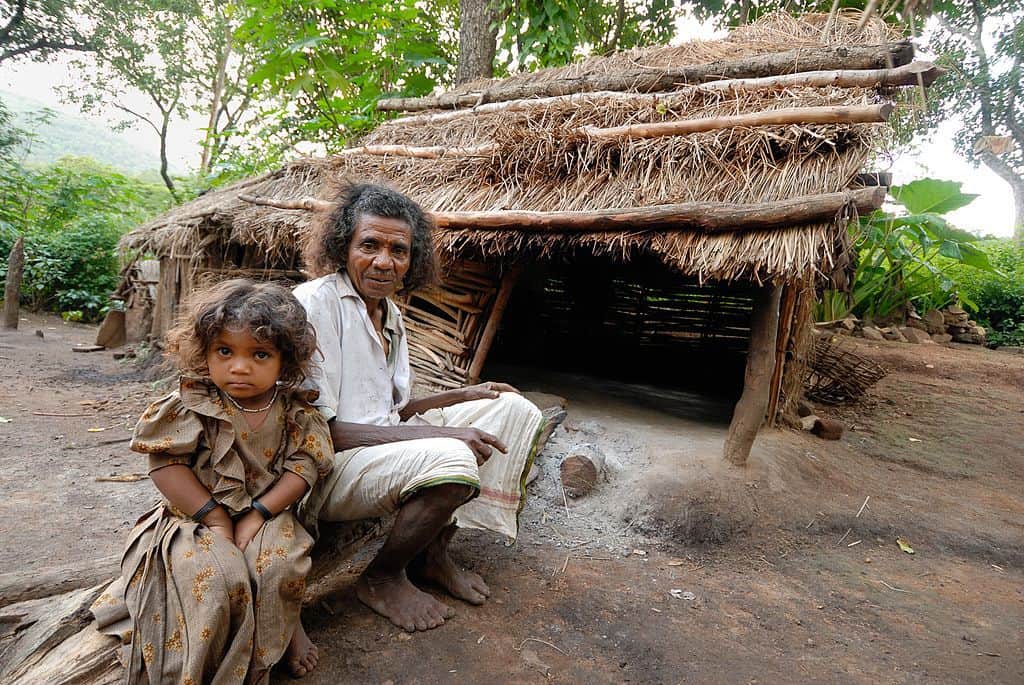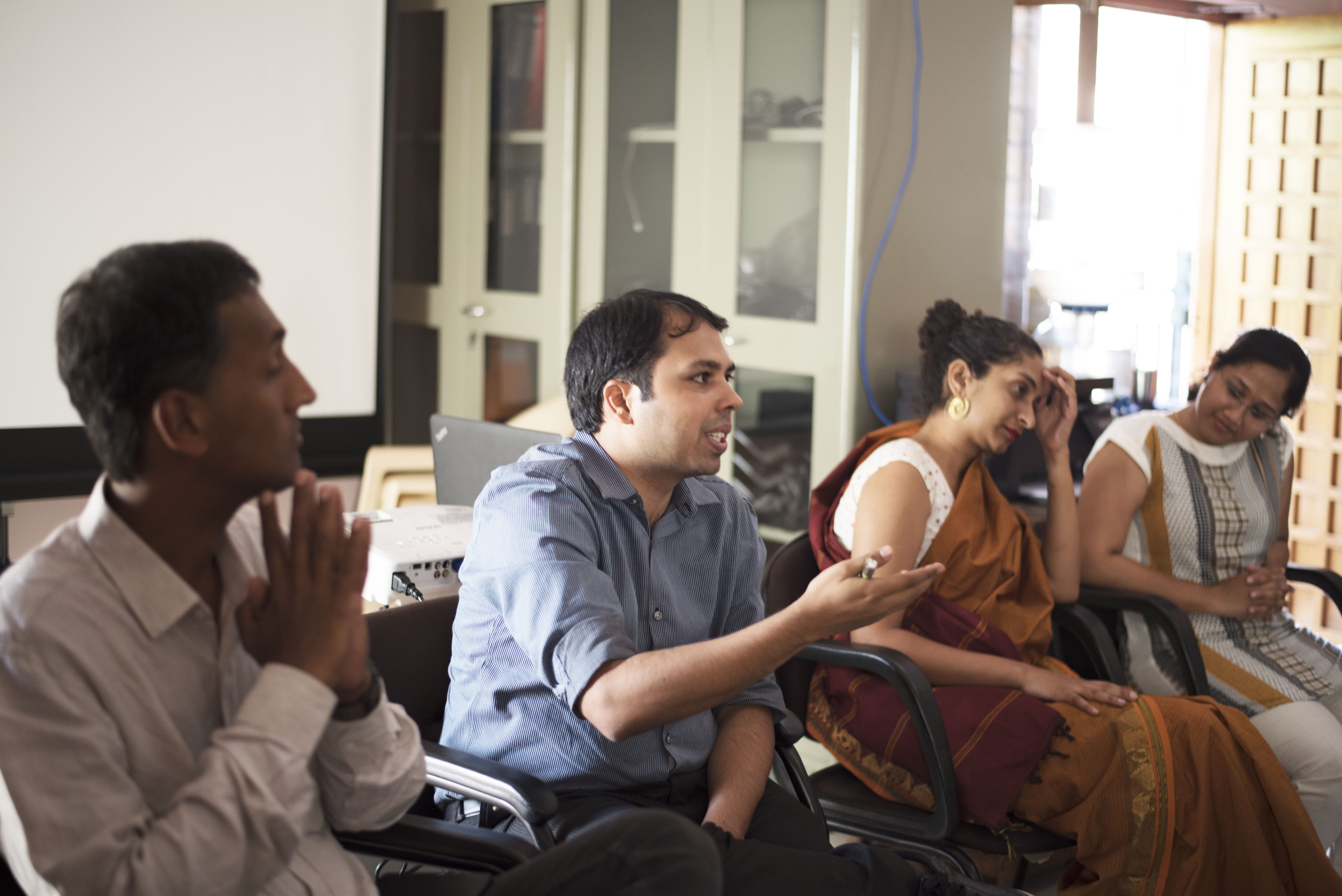An estimated 60% of all deaths in 2014 in India were due to non- communicable diseases (NCD). NCDs are estimated to cost INR 126 trillion to Indian economy from now through 2030- almost 35 times the country’s annual health expenditure.The Government of India has responded to the threat of NCDs with the National Program for prevention and control of Diabetes, Cardiovascular diseases and Stroke (NPCDCS) and a national monitoring framework for prevention and control of NCDs. The World Health Organization (WHO) in collaboration with the Ministry of Health and Family Welfare (Government of India) is facilitating development of a National Multisectoral Action Plan for prevention and control of NCDs in India. The National Multisectoral Action Plan (2014-2020) is meant to provide clear direction and a holistic approach by catalyzing partnerships with non-health stakeholders to integrate NCD prevention strategies.
In this context, the Institute of Public Health (IPH) recently assisted WHO, India in carrying out a rapid health impact assessment of policies of select government sectors for their potential impacts on prevention and control of NCDs. The health impact assessment is one of the tools to actualize health-in-all-policies approach and understand/address social determinants of health – that are often out of traditionally conceived ‘health sector’.
The next public health seminar is aimed at sharing findings of the rapid health impact assessment of policies of the four central government ministries (ministry of rural development; ministry of commerce and industry; ministry of food processing industry; ministry of environment, forests and climate change) with regard to NCDs. The intention is to share the findings but also take the discourse forward on broader whole-of-government multisectoral approach to heath in general and for prevention and control of NCDs in particular.










 (Image Courtesy : Bhargav Shandilya)
(Image Courtesy : Bhargav Shandilya)
